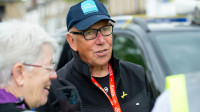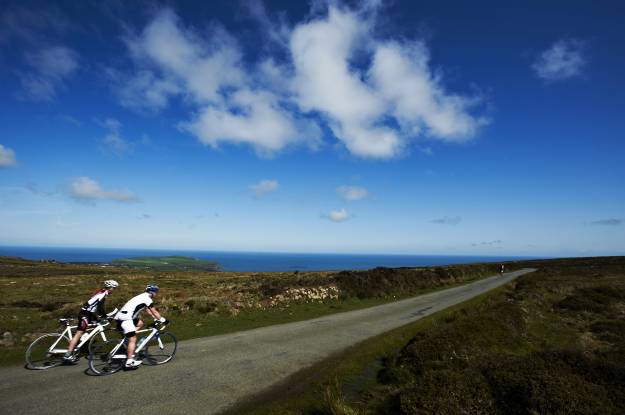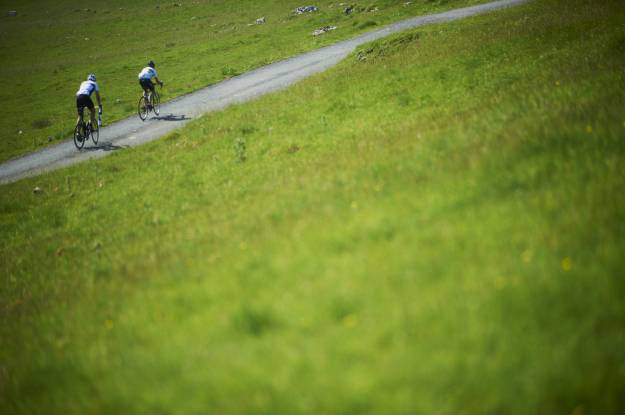British Cycling is pleased to support the launch of the second edition of the Diversity in Cycling report, published today, celebrating the individuals and initiatives that are helping to make cycling more inclusive and accessible than ever before.
First published in 2019 by Andy Edwards, a music business executive and member of British Cycling’s Diversity and Inclusion Advisory Group, the report explores the experiences of riders from under-represented backgrounds taking up cycling for the first time – in their own words.
Contributors to the second edition include Great Britain Cycling Team rider Sam Ruddock, representatives from a wide range of British Cycling clubs and coaches such as Richard Liston. Alongside these first-person accounts, the report also highlights a number of community programmes and enterprises – such as British Cycling’s City Academies programme and Bradford’s ‘Hop On’ initiative – which are already making a profound difference in Britain’s communities.
While many of the themes explored in the first edition remain, the updated version goes deeper, and also expands its sights to better reflect off-road disciplines, different areas of the UK and community initiatives, while also reflecting wider societal changes which have occurred since the report was first published in 2019.
The report also presents a series of recommendations for the sport, offering practical suggestions for encouraging greater diversity in cycling.

Ahead of publication, the report’s author, Andy Edwards, said:
“2020 was a landmark year. The murder of George Floyd prompted a more open conversation about racism, and, with the world in lockdown, more people discovered cycling, particularly from under-represented backgrounds. I gave the report a refresh to reflect this and switch things up.
“The focus remains on race, but the broader scope of diversity is acknowledged. Since publishing the first edition in 2019, I have been diagnosed with ADHD and Autism, two protected characteristics. That means I am neurodiverse. I was a socially awkward teenager, but cycling gave me a sense of belonging. If one thing drives this work, it is a desire that all of us who call ourselves cyclists, whatever our background, feel the same sense of belonging cycling has always given me.”
Chair of the British Cycling Diversity and Inclusion Advisory Group, Aneela McKenna, said:
“I am delighted to see the second edition introduce new voices and perspectives from the broader cycling community, including road, off-road, and mountain biking disciplines. The report explicitly amplifies the voices of women in cycling, and, Andy worked with Naomi Rumble, Liyana Pama, and myself to apply an intersectionality lens to the report which uncovers the depth of inequalities uniquely experienced by women of colour in cycling.”
Follow Diversity in Cycling on Twitter here and Instagram here.










